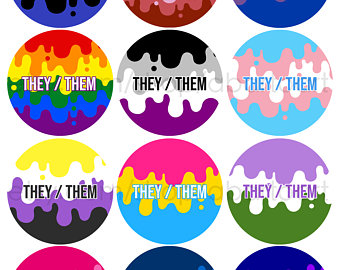Posts

LA Social Science Book Series About Incarcerated Indigenous Women Migrants with Professor Shannon Speed
UCLA Professor Shannon Speed's new book, Incarcerated Stories:…

A New Perspective on Gender Neutrality…Continued
UCLA professors Abigail C. Saguy and Juliet A. Williams recently…

Coming Out and “Outing Pigs”
By Abigail C. Saguy Professor of Sociology, UCLA In…

